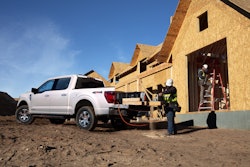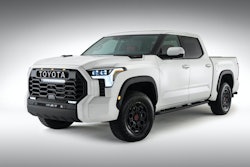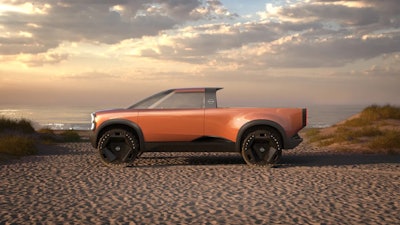
Nissan unveiled an electric pickup late last year during a global presentation in which the automaker laid out plans for widespread vehicle electrification supported by new solid-state battery technology.
The Nissan Surf-Out concept pickup was revealed alongside three other concept EVs, the Max-Out convertible sports coupe and two crossovers, the Hang-Out and Chill-Out.
The Surf-Out is shown on the beach with an interconnected bed and cab that appears to allow for forward and rear-facing occupants. A removable, tinted bed cover gives the truck a sporty hatchback look.
“The Nissan Surf-Out concept aims to provide a smooth ride regardless of the terrain, enabling customers to go anywhere in comfort and with confidence,” Nissan reports on its website. “The vehicle’s variety of power outputs, and low and flat cargo space are aimed to help you go wherever you want and amplify your experience when you get there.”
Designed for off-road performance, Surf-Out features exportable power and extended cargo space. Beyond that, Nissan’s not saying much more about the truck.
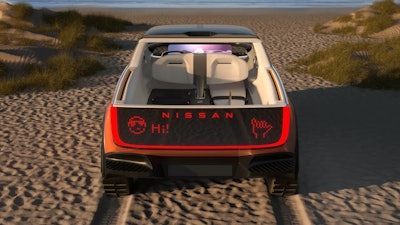 The tailgate allows for some creative messaging, which could prove to be a useful advertising tool.Nissan
The tailgate allows for some creative messaging, which could prove to be a useful advertising tool.Nissan
Nissan plans to introduce its first solid-state battery in 2028. Batteries will be produced in-house.
“This will be a breakthrough and safe technology,” said Nissan CEO Makoto Uchida. “With this, we will be able to double the energy density versus current lithium batteries. With batteries made smaller and thinner, we can offer flexible layouts with more economic performance expanding to larger segments like pickup trucks.”
Solid-state batteries require one-third the time to recharge and are eventually expected to bring battery costs down to $65 per kilowatt-hour or cost parity with internal combustion, Uchida said. Following vehicle use, Nissan is aiming for energy-efficient battery repurposing and recycling. Nissan plans to use repurposed batteries in a solar-powered energy plant that will provide power for auto production.
Nissan is also working on autonomous driving features through next-generation LiDAR technology, which is expected to be in most of its new vehicle models by 2030.
Through Nissan Ambition 2030, the company aims to accelerate the electrification of its vehicle lineup and rate of technological innovation with investments of $17.7 billion over the next five years. Nissan expects to deliver 23 new electrified models, including 15 all-electric vehicles.
In the U.S., 40% of Nissan’s sales are expected to be fully electric vehicles by 2030. Nissan currently has over 1 million electrified vehicles on the road between the all-electric Nissan Leaf, which first rolled out for model year 2010, and its hybrid e-Power models.
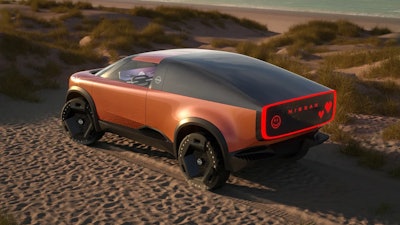 Nissan Surf-Out electric pickup truckNissan
Nissan Surf-Out electric pickup truckNissan
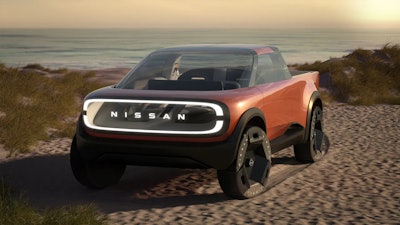 Nissan
Nissan
 Nissan
Nissan
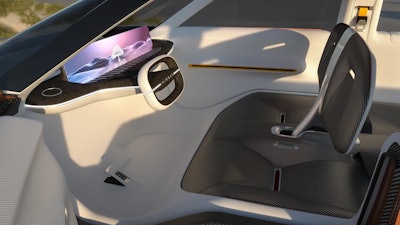 Nissan
Nissan



